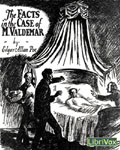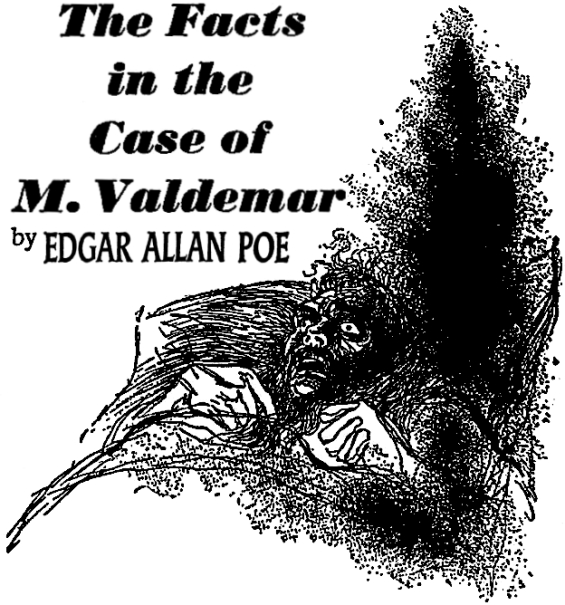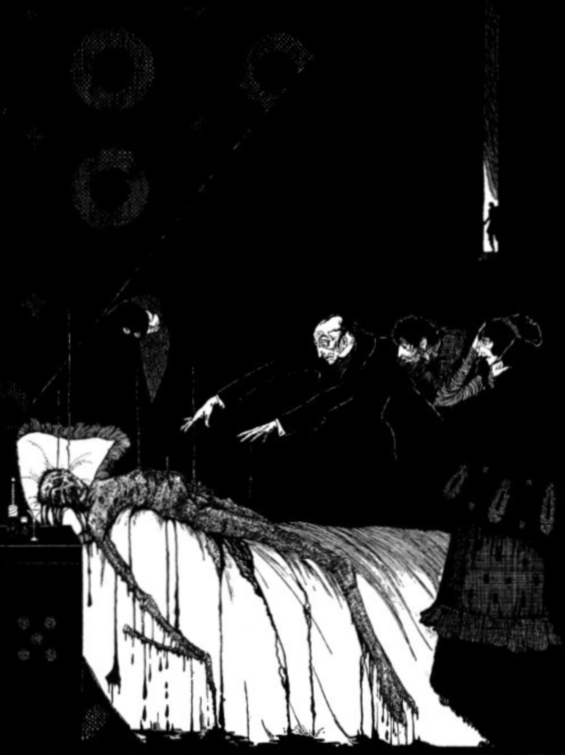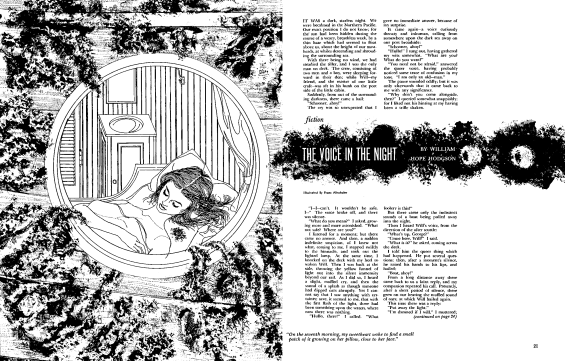
 The SFFaudio Podcast #173 – A Thousand Deaths by Jack London, read by Julie Hoverson (of 19 Nocturne Boulevard). This is a complete and unabridged reading of the short story (29 Minutes) followed by a discussion of it. Participants in the discussion include Jesse, Tamahome, Jenny, Julie Hoverson, and Matthew Sanborn Smith
The SFFaudio Podcast #173 – A Thousand Deaths by Jack London, read by Julie Hoverson (of 19 Nocturne Boulevard). This is a complete and unabridged reading of the short story (29 Minutes) followed by a discussion of it. Participants in the discussion include Jesse, Tamahome, Jenny, Julie Hoverson, and Matthew Sanborn Smith
Talked about on today’s show:
Jack London’s first professional sale, “the hirsute fruit”, the LibriVox version, is the protagonist supposed to be female?, “I don’t know what’s real”, a disintegrated Saint Bernard, a Freudian story, The Island Of Dr. Moreau by H.G. Wells, vivisection on a South Pacific Island, a mad scientist, oedipal literature, London’s own life, H.P. Lovecraft, re-animation, archaic language, Frankenstein, a well educated sailor with an interest in science, obliquely obtuse, The Call Of The Wild, peregrinating, “overly smarty-pantsy”, is it all a dream?, a conscious death, horror, drowned sailors owe their revivers, Poultrygeist, the catalyst event, “an amoral scumbag”, Phineas Gage, blowing smoke up the near drowned, the disintegration door, Doctor Manhattan, Fallout: New Vegas, the disintegration ray, dis-integrate, anti-gravity, electrolysis, synthetic clothing, “animal charcoal”, The Shadow And The Flash is Jack London’s take on The Invisible Man, not just dogs and boats, London’s Polynesian stories, sink the Farallones, San Francisco, suspended animation, chest tampering, death vs. approaching death, drowning vs. poisoning, exploring the boundaries of death, Premature Burial by Edgar Allan Poe, zombies, coffin bells, meteor insurance, “I brought you in [to this world] and I can take you back out”, Bill Cosby, Jack London’s writing voice, action³, verb heavy vibrancy, a raging socialist, is it interesting or is it good?, lockjaw, psychological damage, the ending is ambiguous, a dilettante and a wastrel, do deaths mature you?, an inversion of the prodigal son, what would Eric S. Rabkin say about this story?, time travel, early Stephen King and Ramsey Campbell, H.P. Lovecraft, Edgar Allan Poe -> Fitz-James O’Brien -> Lord Dunsany -> William Hope Hodgson -> Ambrose Bierce, “gonzo”, “where do your ideas come from?”, There’s a Crapp For That, picturemypoo.com, eww, Flatliners, spiritualism vs. materialism, ghosts, patents, olympics, Julie Hoverson’s copyright, patent and trademarks podcast?, shotgun shelled powered battering ram, Julie Hoverson is incredibly busy, thanks Julie!, Jonathan Davis, “don’t surprise the actors”,
Posted by Jesse Willis


 In my reading about The Frozen Pirate,
In my reading about The Frozen Pirate, 







